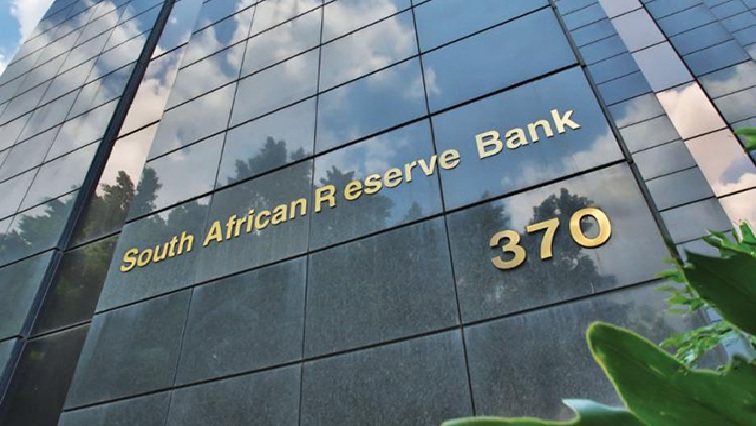Business
SA Banks Are Being Sanctioned, But It’s Not About the Grey List

The Reserve Bank is cracking down on big banks, but not for the reasons many think
Several of South Africa’s biggest banks, and a few international players, have recently found themselves on the receiving end of major penalties from the South African Reserve Bank’s Prudential Authority. From Capitec’s R56 million sanction to fines for Citibank and HBZ, the wave of disciplinary action has sparked public debate and plenty of speculation.
With South Africa still working to exit the FATF grey list by late 2025, many assumed the sudden surge in banking sanctions was part of the country’s strategy to clean up its image. But the Reserve Bank says this narrative is off the mark.
The banks that got hit
Here’s a snapshot of who’s been sanctioned and why:
-
Capitec: R56.25 million fine (R10.5 million conditionally suspended)
-
Standard Bank: R13 million fine
-
Absa: R10 million fine
-
HBZ Bank: R9 million fine (R1.5 million conditionally suspended)
-
Citibank: R6 million fine, conditionally suspended
-
Bank of Taiwan: Flagged but no financial penalty
All the cases involve non-compliance with the Financial Intelligence Centre Act (FIC Act). Key issues included failures in customer due diligence, outdated staff training, and unauthorised personnel changes, all red flags when it comes to preventing money laundering and terrorism financing.
“Not linked to greylisting,” says the Reserve Bank
In a clear statement, SARB Deputy Governor Fundi Tshazibana dismissed the idea that the uptick in fines was tied to efforts to appease the Financial Action Task Force (FATF).
She explained that the sanctions stem from enhanced internal oversight and are often related to historic failures from as far back as 2021 and 2022, well before the country was greylisted in 2023.
“These sanctions are not new or reactive,” Tshazibana noted. “They reflect a maturing regulatory system, not external pressure.”
Public and industry reaction
On social media, reactions were mixed. Some users applauded the tougher stance on banking compliance, while others expressed concern about what these fines say about internal bank operations.
Industry insiders, however, largely welcomed the clarity. For banks and financial professionals, separating regulatory improvements from FATF optics is an important distinction, one that signals a long-term commitment to financial stability.
Not all sanctions mean fines
While the headlines spotlight massive fines, the Prudential Authority (PA) clarified that not all sanctions are financial. Some involve remedial action orders or internal compliance directives. And the PA is not trying to make money; it’s not a profit-driven body. Its job is to safeguard the stability of South Africa’s financial sector.
So, where does this leave the grey list?
South Africa is still aiming to exit the grey list by October 2025. Government departments and regulators, including SARS, SAPS, the Treasury, and the private sector, are currently compiling and submitting evidence to the FATF ahead of a crucial audit.
Even if the country is delisted, Tshazibana stressed that sanctions will continue where necessary. The FATF may influence global perceptions, but it doesn’t dictate the regulator’s hand.
As the Deputy Governor put it, “There can be no question marks over funds leaving or entering the country.”
Also read: SPAR Teams Up with Uber Eats: Groceries and Liquor Delivered in 2025
Follow Joburg ETC on Facebook, Twitter , TikTok and Instagram
For more News in Johannesburg, visit joburgetc.com
Source: Business Tech
Featured Image: Business Tech Africa



























